Nidec consolidates semiconductor orders for automobiles as a group for stable procurement
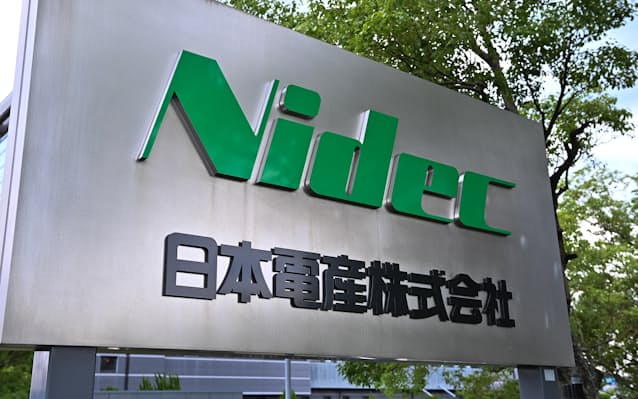
Nidec will consolidate orders from manufacturers for semiconductors for automobile parts such as those for electric vehicles (EV) by 2022. Order duplicate products in bulk and increase bargaining power with manufacturers who prioritize transactions with customers with large orders. We will conclude a long-term purchase contract and start efforts to lead to stable procurement. Overcoming the growing shortage of semiconductors is indispensable for realizing the growth strategy to significantly increase the production of EV drive motor systems. Denso is also rushing to secure semiconductors by car parts makers, such as making a production investment jointly with semiconductor makers.
"Building relationships of trust with suppliers and creating a win-win ecosystem." Takashi Omura, executive officer in charge of semiconductors at Nidec, emphasized at a press conference on the 7th. The company established the "Semiconductor Solution Center" in May. Mr. Omura, a former executive of Renesas Electronics , was appointed as chairman and CEO of Shigenobu Nagamori.
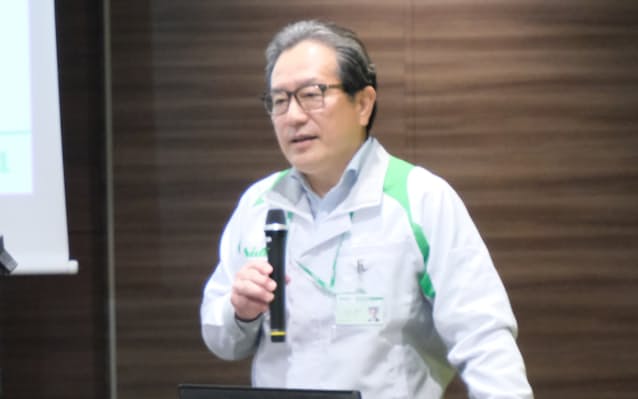
The center, including Mr. Omura, will act as a coordinator to promote the consolidation of semiconductors to be procured. Currently, there are cases where the main body and three subsidiaries that produce car parts, such as Nidec Elesis, are procuring the same items separately. Organize these transactions and streamline procurement.
In addition, within a few years, we will outsource the production of semiconductors whose specifications have been decided in-house to manufacturers. Long-term purchases make it easier to obtain cooperation from semiconductor manufacturers who desire stable delivery volumes and prices. Currently, "mostly choose from catalogs" (Mr. Omura). We also consider in-house design.
Nidec expects the EV drive motor system "E-Axle" to be a driving force for growth. It plans to add new factories around the world and expand its annual production capacity to 2 million units in the fiscal year ending March 2011 and 7 million units in the fiscal year ending March 2014. The motors and gears (reducers) that make up the e-axle are manufactured in-house, while the semiconductors required for the inverter rely on external procurement. We need to fill this weakness.
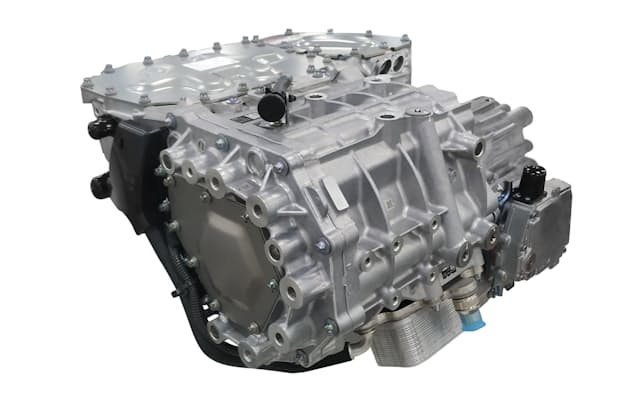
Currently, fluctuations in the supply and demand of semiconductors due to the spread of the new coronavirus infection are limiting factors in vehicle production. As of May, US S & P Global forecasts global automobile production of 80.35 million units in 2010. About 2 million units have been revised downward from the outlook at the beginning of the year, which is also a cause for concern for Nidec.
However, the production of semiconductors for automobiles is increasing. According to IC Insights of the United States, the number of shipments in 2009 was 52.4 billion units, an increase of 30% from 20 years, exceeding the increase rate (20%) of the entire semiconductor. Even so, the supply and demand is tight because the number of vehicles installed in one unit is increasing due to electrification.
"The added value of semiconductors supports the CASE (connected cars, autonomous driving, sharing, electrification) era of automobiles." Yoshifumi Kato, Chief Technology Officer of Denso, said:
The company plans to manufacture semiconductors of 500 billion yen in-house in 2013, a 20% increase from 2009 in terms of sales. Jointly invested in the Japanese factory of United Microelectronics (UMC), a major contract manufacturing company in Taiwan, and started mass production of power semiconductors to be mounted on inverters loaded on EVs in 2011.
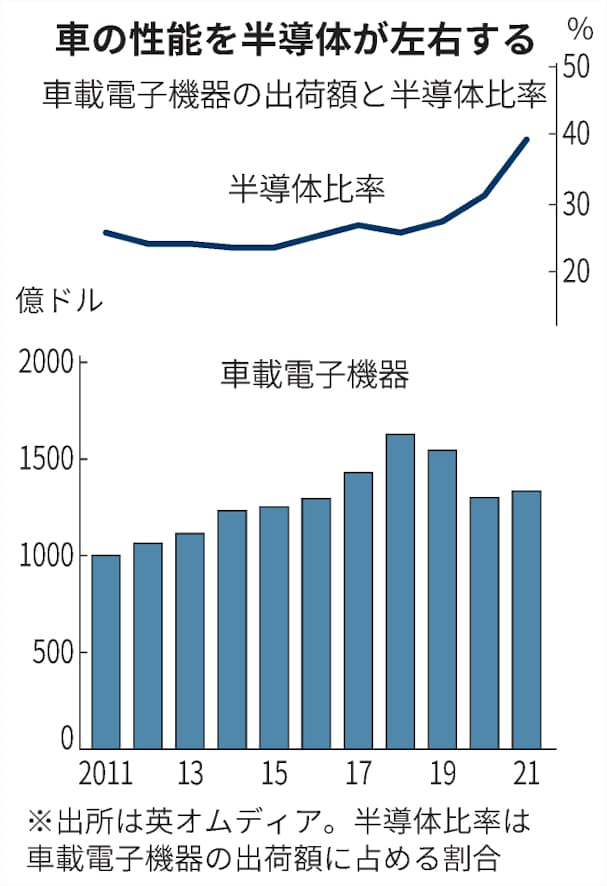
Smartphone makers such as Apple in the United States have taken the lead in securing semiconductors that meet their specifications. The importance of semiconductors in automobiles is also increasing, and according to research firm OMDIA, the ratio of semiconductors to the shipment value of in-vehicle electronic devices reached 40% in 21 years. Semiconductors are a key device that creates added value for car parts manufacturers that supply the core components of electrification and automation, which has risen by 14 points in the past 10 years.

Nidec Chairman Nagamori has the theory that "to become the best in the parts industry in the world, you cannot win if you buy things from outside. We will do everything that can be done in-house, including semiconductors." Just as Tesla, a major EV company, is promoting in-house production of batteries, which are its core parts, it aims for management that is not easily affected by the supply and demand environment of parts. Even Mr. Nagamori, who has overcome the oil shock and Lehman shock, has never experienced such a shortage of semiconductors. The deepening of efforts affects the sustainability of growth.



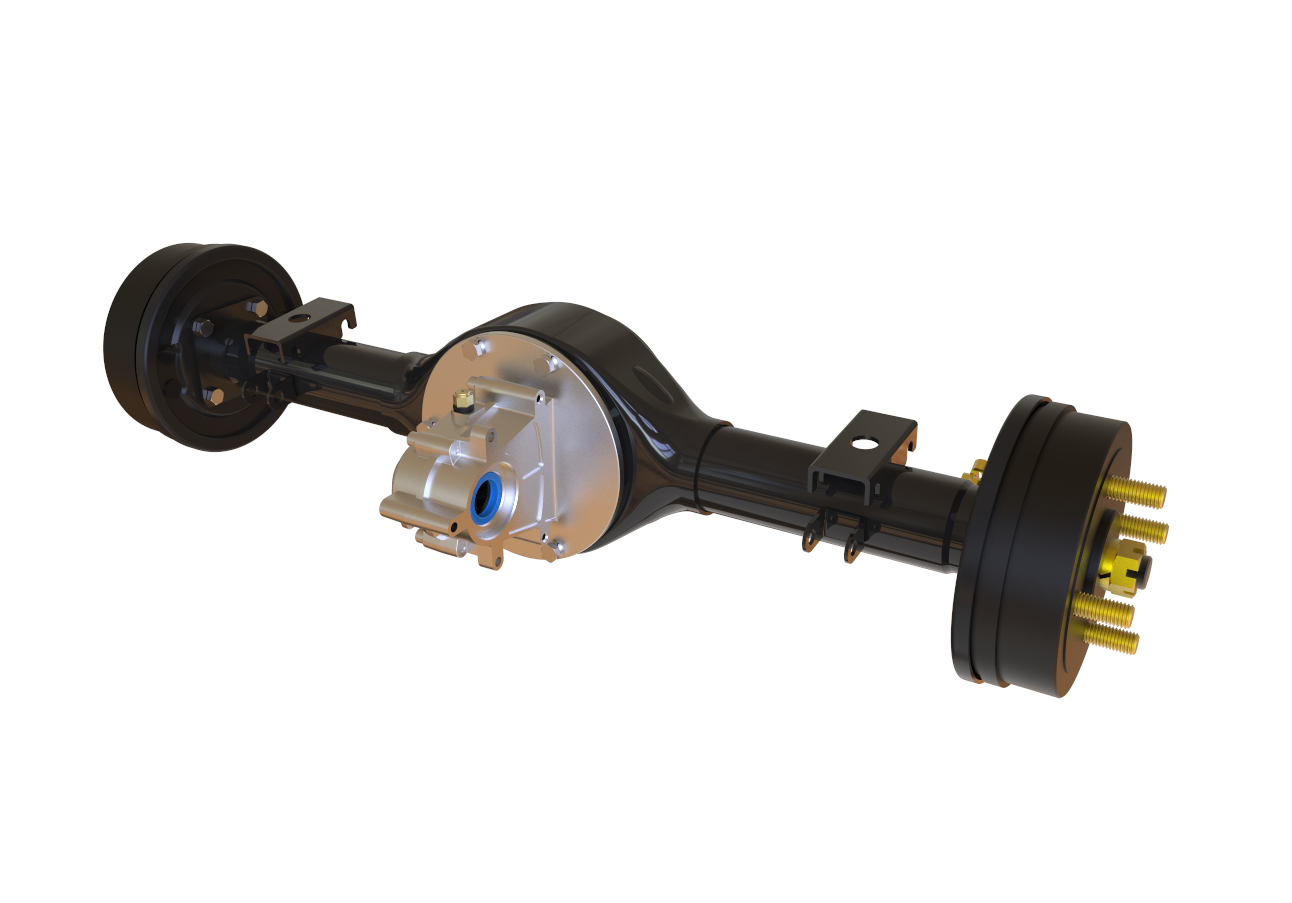
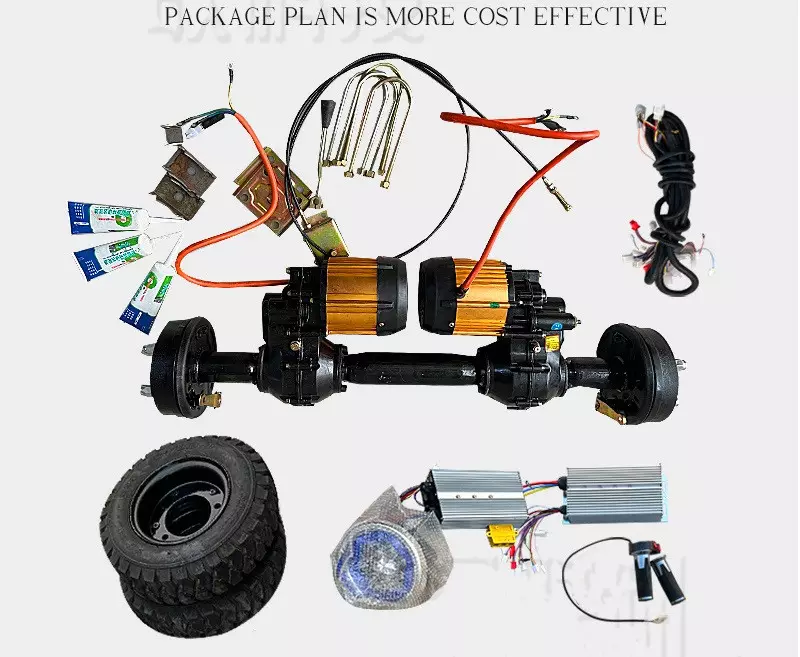

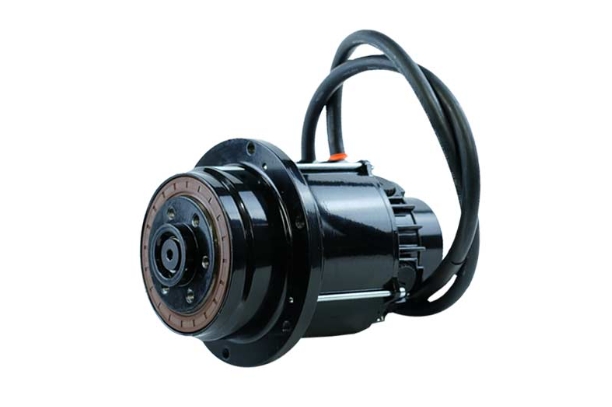
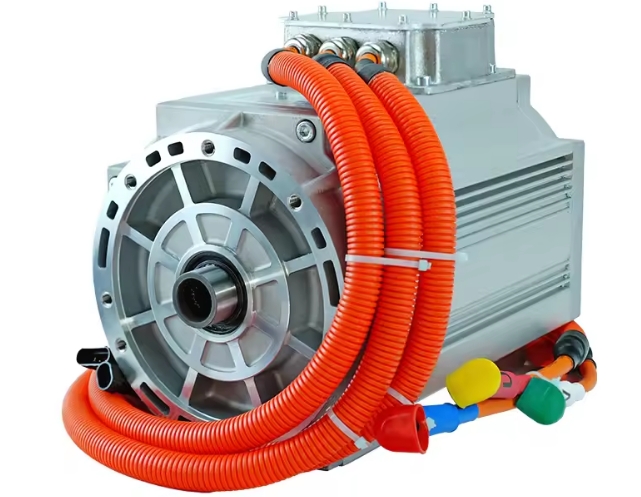
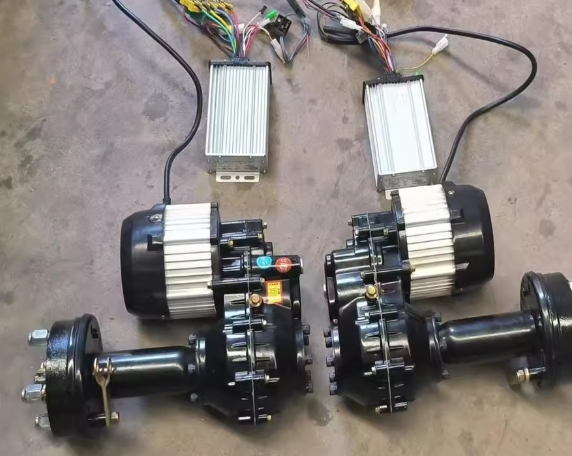
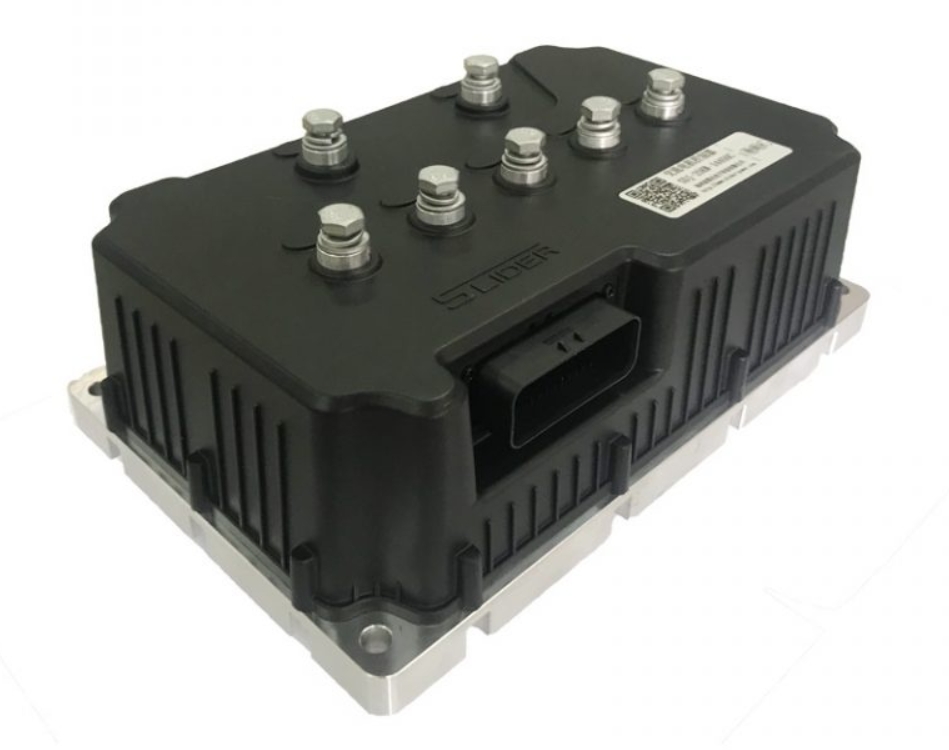

















 XINDA
XINDA